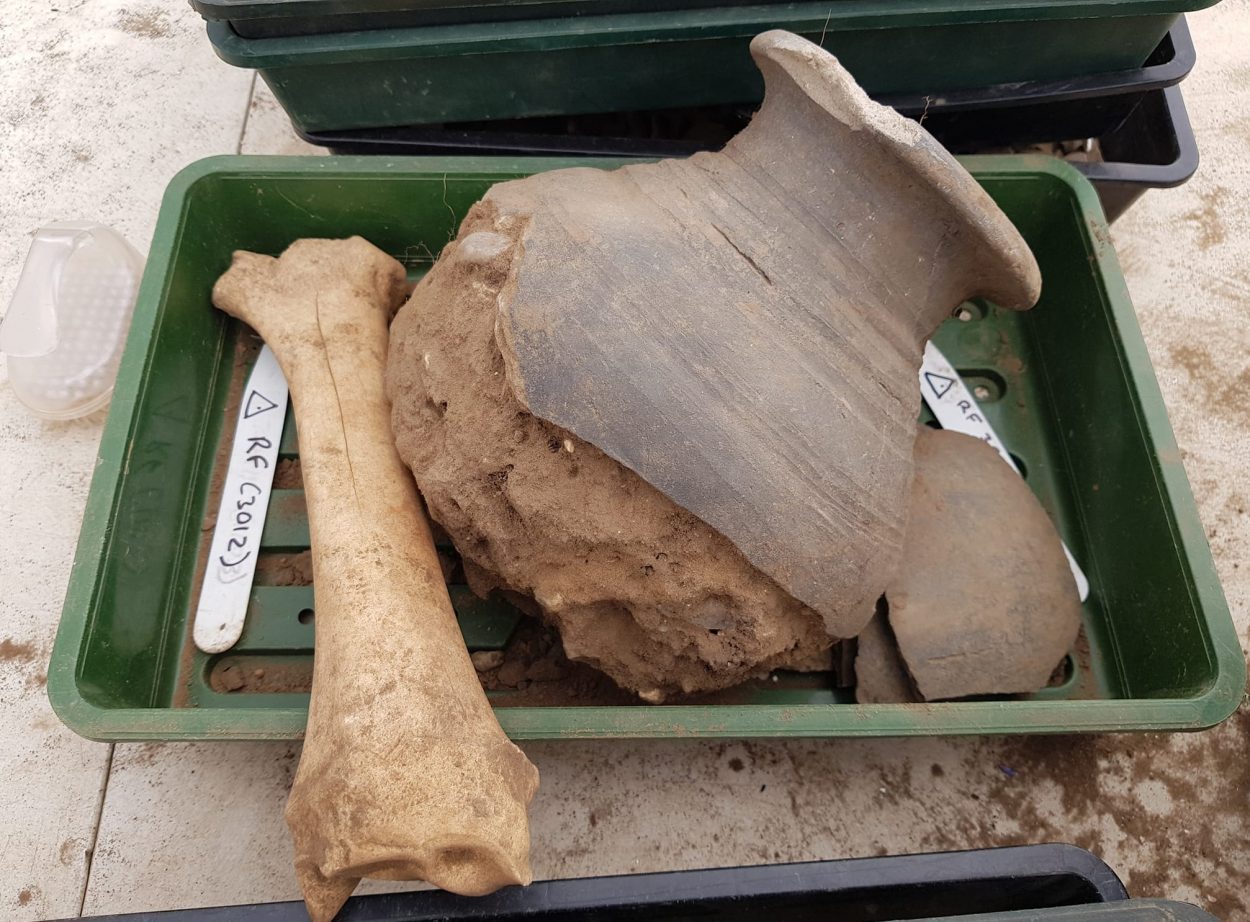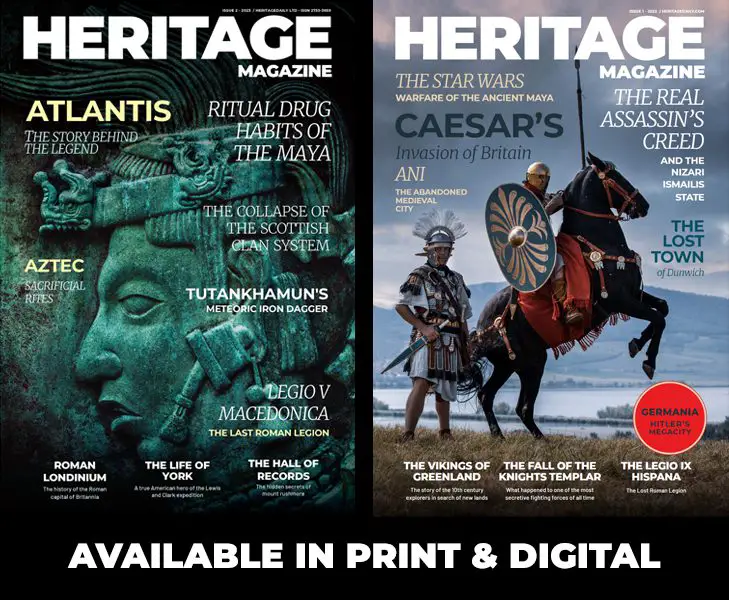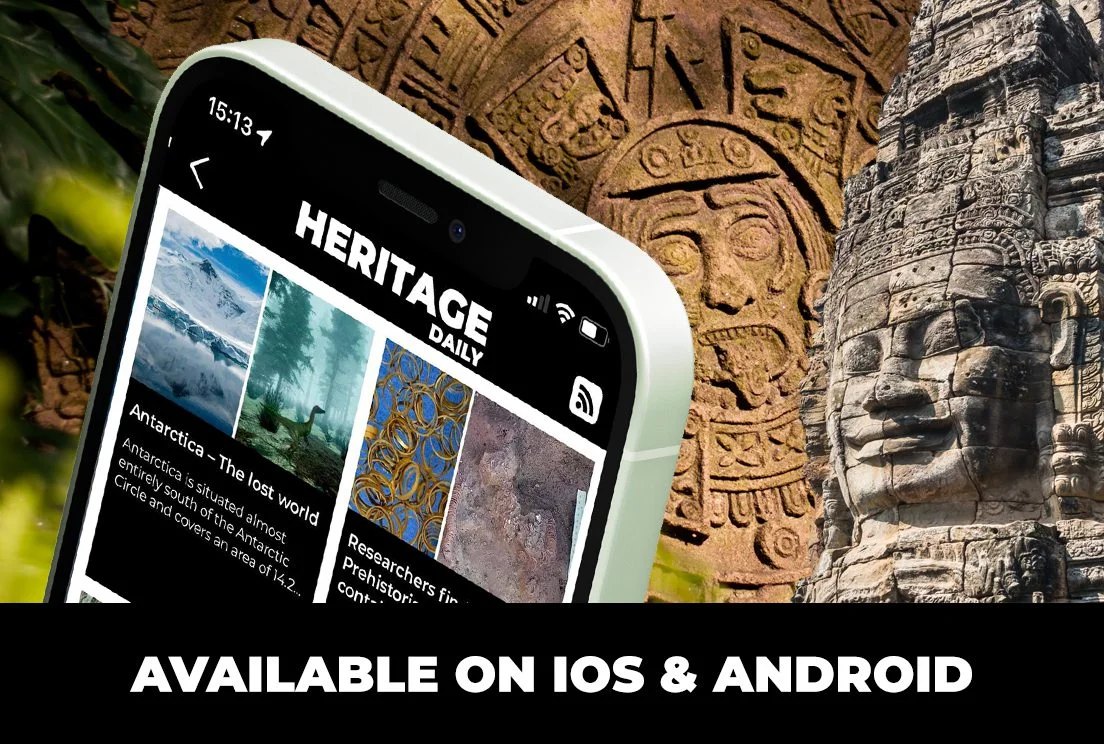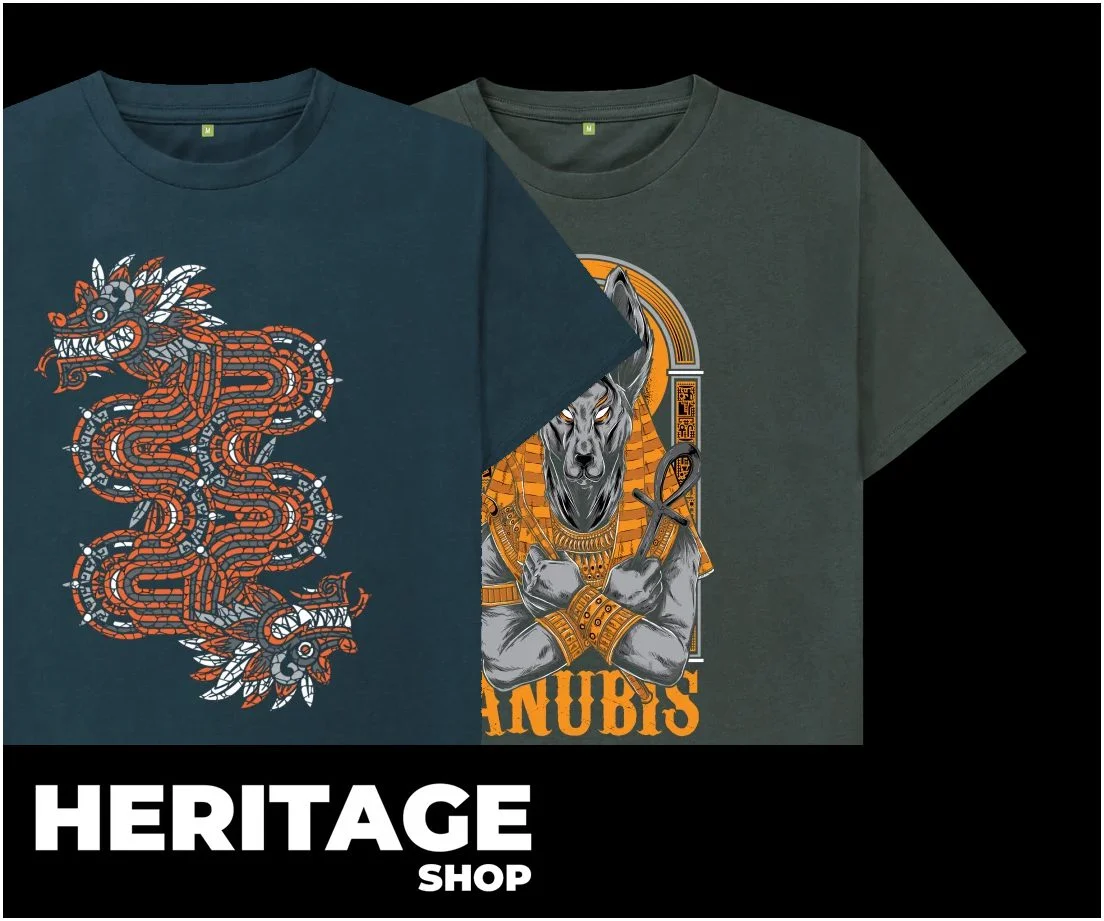Archaeologists excavating a Roman temple have revealed new insights into the Iceni people during the Roman period.
The Iceni were an Iron Age tribe, who inhabited the flatlands and marshes of present-day Norfolk, Suffolk, and parts of Cambridgeshire.
They allied with Rome during Claudius’ conquest of Britain in AD 43, however, Roman encroachment after the death of the Iceni King, Prasutagus, led to tribal revolts against Roman occupation.
In AD 60 or 61, when the Roman governor Gaius Suetonius Paulinus was campaigning on the island of Mona (modern Anglesey) on the northwest coast of Wales, Boudica led the Iceni, the Trinovantes and other British tribes in revolt which led to the destruction of Londinium (London), Camulodunum (Colchester) and Verulamium (St Albans).
Suetonius regrouped his forces, and despite being heavily outnumbered, he decisively defeated the tribal coalition, resulting in Boudica either committing suicide to avoid capture (according to Tacitus), or dying of illness (according to Cassius Dio).
Following the pacification of the Iceni, the Romans developed the town of Venta Icenorum near present-day Caistor St Edmund as a civitas capital around AD 70, which functioned as a principal economic, cultural and administrative centre for the region in the new Roman province.

Evidence found during excavations by the Caistor Roman Project, working alongside the University of Nottingham and Norvic Archaeology at Caistor St Edmund, England, suggests that the defeated Iceni continued to inhabit the area and even adopted the Roman lifestyle.
Project Director Prof Bowden told the BBC: “We tend to think the Iceni disappear from history after the Boudiccan revolt, but they are absolutely still here in Norfolk and are using the new things they are getting from the Roman world, either in Roman ways or in ways to suit them.”
Archaeologists have found complete pottery vessels, household grindstones made from imported volcanic rock, bone and bronze pins, and dismembered animal bones which have been ritually deposited in the ground in a way that suits their own beliefs and aspirations to curry favour with their gods.
Header Image Credit : Caistor Roman Project







